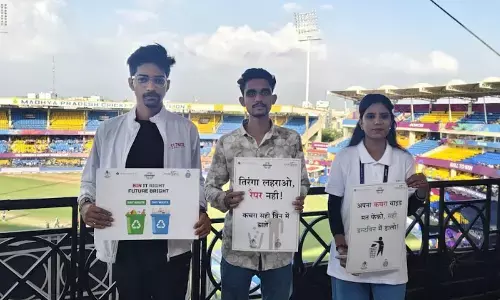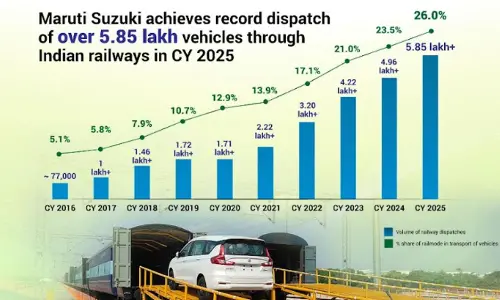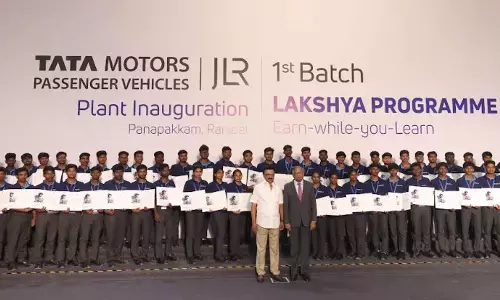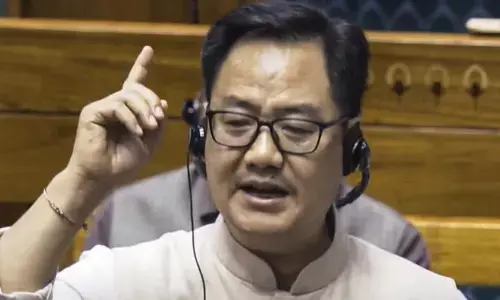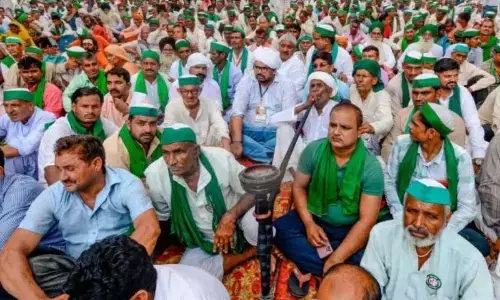A far-reaching decision
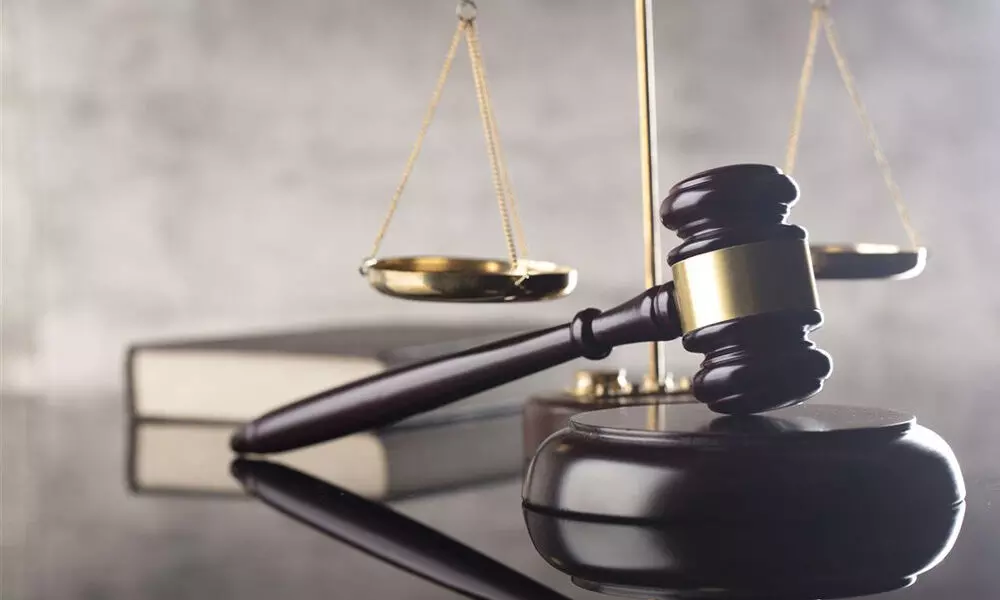
A far-reaching decision
In its order granting interim bail to Republic TV Editor-in-Chief Arnab Goswami, the Supreme Court today called upon all courts in the judicial hierarchy to address the issue of bail applications not being heard and disposed of in a timely manner
In its order granting interim bail to Republic TV Editor-in-Chief Arnab Goswami, the Supreme Court today called upon all courts in the judicial hierarchy to address the issue of bail applications not being heard and disposed of in a timely manner. The judgment delivered by a Bench of Justices DY Chandrachud and Indira Banerjee referred to National Judicial Data Grid (NJDG) statistics on the number of bail applications pending before the high courts and the subordinate courts.
The number of bail applications pending before the High Courts is 92,568 and that of the district courts, 1,96,861. The Apex Court had no special love for Arnab but simply followed the law and interpreted it in letter and spirit. Human liberty is a precious constitutional value, which is undoubtedly subject to regulation by validly enacted legislation. As such, the citizen is subject to the edicts of criminal law and procedure. Section 482 recognizes the inherent power of the High Court to make such orders as are necessary to give effect to the provisions of the Cr PC or prevent abuse of the process of any Court or otherwise to secure the ends of justice.
In emphasising that the High Court must exercise this power with a sense of restraint, the decisions of the Supreme Court were founded on the basic principle that the due enforcement of criminal law should not be obstructed by the accused taking recourse to artifices and strategies. The public interest in ensuring the due investigation of crime is protected by ensuring that the inherent power of the High Court is exercised with caution. That indeed is one – and a significant - end of the spectrum.
The other end of the spectrum is equally important: the recognition by Section 482 of the power inhering in the High Court to prevent the abuse of process or to secure the ends of justice is a valuable safeguard for protecting liberty. The Code of Criminal Procedure of 1898 was enacted by a legislature which was not subject to constitutional rights and limitations; yet it recognised the inherent power in Section 561A.
Post-Independence, the recognition by Parliament of the inherent power of the High Court must be construed as an aid to preserve the constitutional value of liberty. The writ of liberty runs through the fabric of the Constitution. The need to ensure the fair investigation of crime is undoubtedly important in itself, because it protects at one level the rights of the victim and, at a more fundamental level, the societal interest in ensuring that crime is investigated and dealt with in accordance with law.
On the other hand, the misuse of the criminal law is a matter of which the High Court and the lower courts in this country must be alive. The Supreme Court said "…the misuse of the criminal law is a matter of which the High Court and the lower Courts in this country must be alive". Now is the time for the pending bail applications to get the traction needed to grant the same liberties to others.


